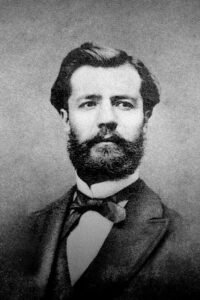Contribution of Henry Fayol in Management

Henry Fayol is a key figure in business administration theory. Known for formulating core management principles, he emphasized the main functions that managers should perform. However, modern scholars debate whether his ideas are still relevant to today’s organizations. This paper will discuss Fayol’s key concepts and assess their relevance to contemporary management.
Fayol’s concept of general management focuses on tasks that every manager should perform: planning, coordinating, controlling, organizing, and commanding. While these tasks are common in most organizations, some critics argue that they aren’t always applicable, as modern organizations may require different management approaches. For example, managers in creative companies like Apple may focus more on strategy and planning rather than coordinating or organizing. Additionally, some industries, such as financial services or hospitality, don’t involve technical activities like manufacturing, which Fayol highlighted as essential. Despite these limitations, Fayol’s principles remain relevant in industries like automotive manufacturing.
Fayol’s 14 principles of management include division of work, unity of command, authority, centralization, order, and employee retention. These principles helped him achieve success in the steel industry, but they are often questioned today. For example, in matrix organizations (e.g., Boeing, IBM), employees report to multiple managers, contradicting the principle of unity of command. Critics argue that Fayol’s principles focus too much on efficiency and ignore employee needs, creativity, and emotions. Moreover, some principles are vague and lack practical guidance, such as fair compensation or promoting team spirit.
While some criticisms are valid, many of Fayol’s concepts remain valuable. He was an early advocate for the importance of employee retention, noting that high turnover negatively impacts company performance. This idea later influenced companies like Toyota, which adopted strategies to retain employees long-term. Fayol’s concept of just-in-time production and quality circles are now widely used in modern manufacturing to optimize production processes and empower employees.
In conclusion, despite criticisms and limitations, Fayol’s ideas continue to shape modern business practices. His principles may need adjustments to suit contemporary organizations, but they still influence management education and practices. Fayol’s contribution cannot be reduced to simple principles but must be understood as part of his broader vision of a flexible, adaptable organization where both managers and workers collaborate effectively.